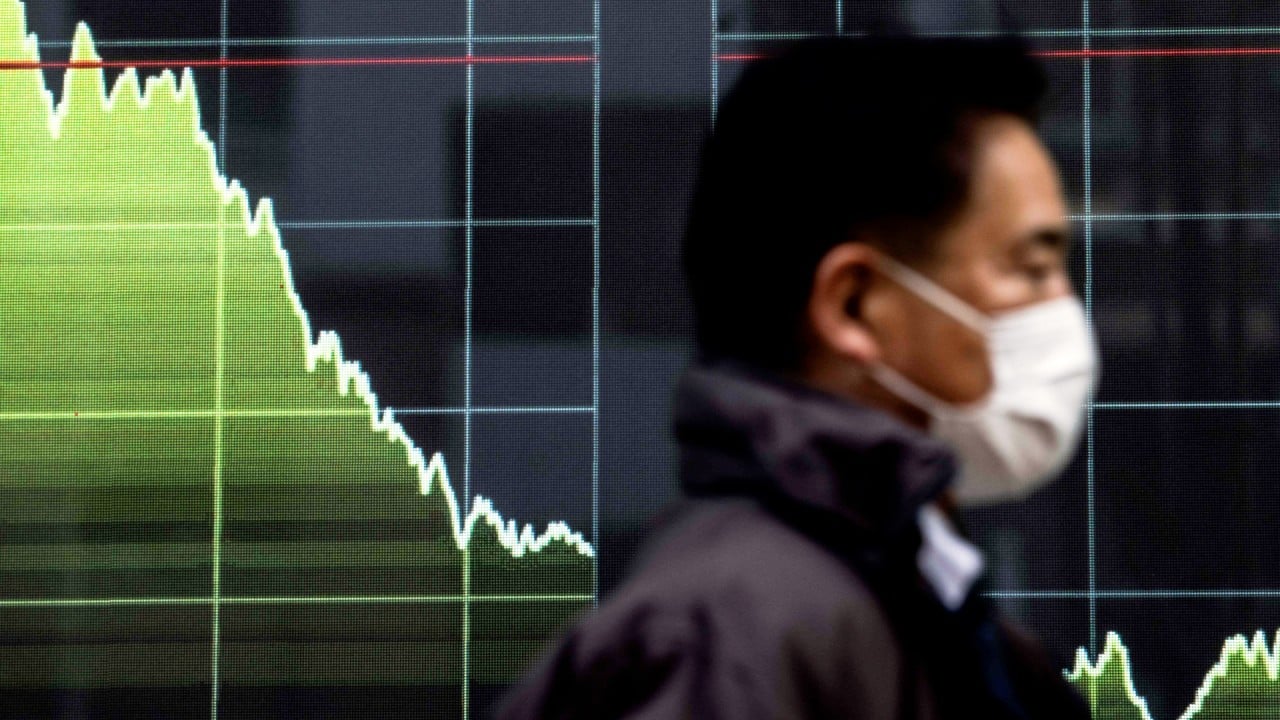
To call the likes of China and India ‘developing’ is, frankly, insulting
- Given the prosperity and world-leading innovations of so-called emerging economies, from China and India to South Korea and Qatar, the ‘developing’ label is outmoded, outdated and patronising
It is a country where people in local and European designer outfits walk on modern streets in major modern cities, eating in attractive restaurants that serve dishes from around the world.
The US, recognised as a developed economy, came in at sixth place, while others such as Britain, at 21st, and France (23rd) rank below Qatar.
The parabolic curve of economic development describes how, as a country develops and becomes rich, its rate of development inevitably flattens out. High economic growth rates cannot go on forever.
Most countries do not handle this post-development phase of atrophy well. The massive investments in leading edge infrastructure that Britain made in the 1870s, the United States made at the turn of the century and Japan made in the 1960s have naturally aged.
It is tempting to delay repair and replacement when money is short, and even when infrastructure is renewed to modern standards of reliability and comfort, it rarely delivers the advancements of the past
The Japanese Shinkansen bullet train took its first paying passengers in 1964. Revenue flights on the supersonic Concorde took off in 1976 (just 73 years after the Wright Brothers flew the world’s first successful aeroplane) and continued for 27 years – it has not been replaced. Man last landed on the moon more than half a century ago.
Development is plagued by dated infrastructure, excessive bureaucracy, poorly paid jobs that people hate, family breakdowns, financial problems, sluggish public services, high levels of debt and taxes, substance abuse, creaking health provisions, low productivity and a sense of a loss of tenacity, well-being, happiness and trust. The poor are visible on the streets, or invisible in damp, unhealthy social housing.
If you are going to be struggling financially, you might be happier in a rural rather than an urban environment.
Alternatively, post-development implies fewer raw struggles, a richer life, free time for creativity, and state and community support for the disadvantaged.
China’s urbanisation efforts draw to a close for most provinces and cities
Developed countries have a legacy of wealth and value – a source of pride from developing times, such as the wondrous churches of Italy, the grand buildings of Barcelona and Granada, the social construct of the British or the Swiss, artworks in the Louvre, and the great engineering works of America.
A healthy historical perspective combined with long years of formal education helps with daily problem-solving. China and India fit well into that picture today.
It is time to consign the “developing” label to the dustbin of history. It is outmoded, outdated and patronising for China, India, South Korea and many others. It hinders China in projecting its leadership and strength when seeking to provide aid, influence and support to countries in the Global South; those on the “periphery”. To hold on to the term “developing” simply sends out the wrong message.
Dr Richard Harris is chief executive of Port Shelter and is a veteran investment specialist, writer and broadcaster, and financial expert witness


